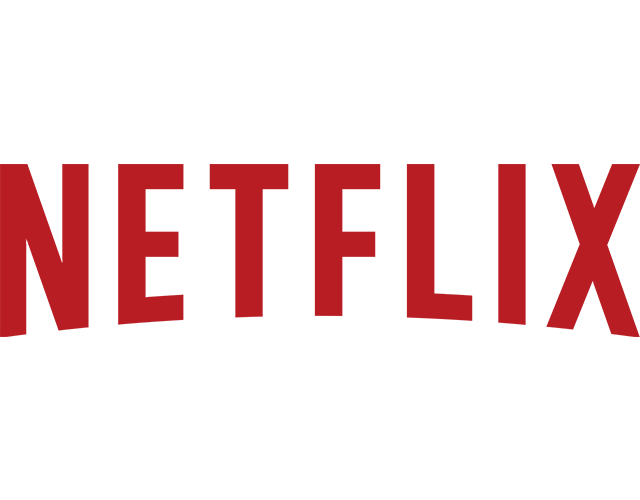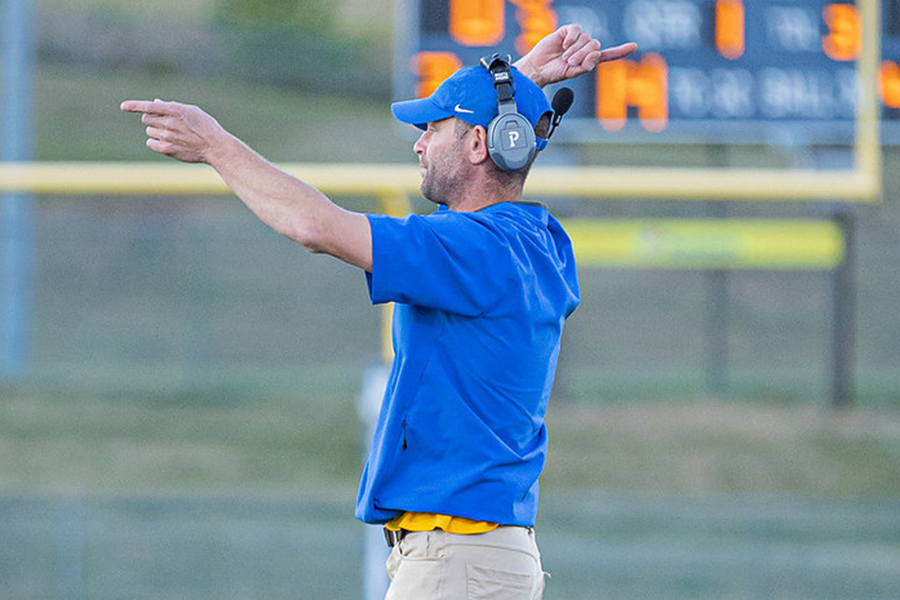Netflix: On Fleek?
April 3, 2015
Netflix: On Fleek
Amalia Garcia-Pretelt
Admit it. At some point in your sad, short life, you have consciously removed yourself from all of humanity and thrown yourself into the dark void that is Netflix. Your body and soul separate entirely as your limp body lays on the couch for 7-8 hours at a time. A couple of days later, all that’s left of your crime are the Dorito crumbs in the seams of your couch pillows. Every once in a while, however, you discover a show that allows you to transcend from your zombie-like state and experience television in a whole new and beautiful way.
The good people of Netflix have provided us with a unique form of television that will ultimately allow for better writing, more creativity, and more diversity in the TV world. Just like the era of cable ended, the era of network TV is slowly dying. Even Tina Fey, master and lover of TV network (“30 Rock,” “SNL”) has switched to Netflix (“The Unbreakable Kimmy Schmidt”). If that doesn’t tell you something, I don’t know what will.
Binge-watching, while it is a disgusting act, it has also allowed consumers to control when, where, and how they watch TV. The networks no longer regulate the audience’s lives and schedules because TV shows are so much more accessible via online platforms like Netflix and Hulu. The experience becomes more personal, because you control everything but the actual content of the show. So you can probably thank Netflix for the whole “choice and comfort” movement in the county schools.
It’s pretty undeniable that Netflix has created some amazing original shows, the most popular/well-known being “House of Cards” and “Orange is the New Black.” Between those two shows, Netflix received 31 Emmy nominations in 2014, more nominations than all shows on Fox or Comedy Central combined. Both shows are known for their excellent writing, acting, and their insanely addictive storylines. These shows aren’t ruining television, they’re making it better. Unburdened by the looming threat of “bad ratings”, writers don’t have to compromise their work to please picky network executives. They can make Frank Underwood as conniving and ruthless as they want because they don’t have to try to please everyone who owns a TV. “Orange is the New Black” is breaking down barriers for women and people in the LGBTQ community in a way that could never appear on a regular cable comedy show. While some may argue that these Netflix original shows, aren’t really original, the same can be said for various cable TV shows such as “The Office,” or “Game of Thrones.” These Netflix shows are original, however, because they’ve created a new craft of long-form storytelling that cannot be reproduced on regular TV.
The success of Netflix isn’t harming the high-quality cable TV shows either. The writers and producers won’t make much money once the show is on Netflix, because Netflix’s strategy is to wait long enough after a show is released to pay the lowest licensing fees. So since they don’t write for binge-watchers. Network TV continues to write for loyal watchers and continues to produce excellent TV, for the most part. If a TV show is bad, it’s bad on it’s own, not because the writers are thinking of the binge-watchers, because, I promise you, they are not. They’re thinking of what words and punch lines will give them higher ratings and wondering where their pee jar is. So whether you’re watching “Fargo,” “House of Cards,” or Netflix sponsored stand up comedy (which is incredible), you’re taking part in a new movement in television, and if you’re not, it’s just going to keep moving without you.
Netflix: Not On Fleek
Sam Lesemann
Let me start off by saying that I like netflix, and I really do like having thousands of movies and TV shows that I will never watch or care about a few button clicks away. However, after a recent binge, I realized that streaming sites like Netflix, Hulu, or Amazon Prime could hurt TV in the long run, rather than help.
First, some background. Ever since TV truly took off, acclaimed shows, like “Mad Men,” “Twin Peaks,” or “Miami Vice,” have followed the same formula: Every episode has its own self contained conflict that has a beginning, climax, and end. In addition, a few plots, mainly character development ones, would run throughout the entire season. Both types of plots would have to be well written for people to become invested in the show. A show that relied too heavily on the episodic plot i.e. “Law and Order,” “Law and Order: SVU,” “Law and Order: Criminal Intent,” “CSI,” “CSI: NY,” “CSI: Miami”, “Criminal Minds”, “NCIS”, “NCIS: Los Angeles,” “NCIS: New Orleans,” wouldn’t attract any long term viewers and repeats itself. On the other hand, a show that relied too much on an extended plot i.e. “General Hospital,” wouldn’t attract any new viewers and becomes overtly dramatic. To be good, network shows have to cater to both types of viewers, and since they have to compete with hundreds of other networks, the shows have to be especially well written to attract an audience. Shows like “The Walking Dead” or “Breaking Bad” balance both sides perfectly, and a new viewer can watch an episode and still be entertained. The shows build drama over time, and because they rely on both types of plots, they don’t have to rely on massive cliffhangers to hook viewers.
Once upon a time, Netflix had it’s niche in entertainment: a repository for old, obscure, or fringe shows, and it was fantastic at it. Nowhere else had the breadth or depth of movies and TV, it only became better. However, with its explosion in popularity (it uses 1/3 of all Comcast’s nationwide bandwidth), Netflix and its binge watching users have become disproportionately powerful. Binge-watchers don’t want episodic plot; since they’re watching four or five episodes at a time, they want continuous plot, and network shows are beginning to bend to the pressure. A prime example is “Scandal,” one of netflix’s most streamed shows. Over the course of its second season it revealed that President had won off of a fixed election, killed a Supreme Court justice when he found out about said election fraud, and had survived an assassination attempt. In addition, a CIA director had been assassinated by the former VP’s chief of staff, who had been supposedly killed in the first season after he killed multiple people, who had become a mole who sold secrets to terrorists in order to destroy the President’s administration but was killed a second time before he could go public with the evidence of election fraud. It’s a soap opera written to be consumed season at time, not a well written, well paced show. Streaming is the future of television, and writers are adapting to please bingewatchers, rather than a majority of network viewers
Netflix and other streaming companies pride themselves on their “original” content. Netflix has “House of Cards,” Amazon has “Transparent,” Hulu has whatever, no one watches Hulu. However, a lot of the original content is either a, not very popular, or b, not truly original. For example, look at Netflix’s most popular original content: “House of Cards” is based off of a British TV show of the same name, “Arrested Development” was a FOX show, “The Fall” is a BBC Show, “Orange is the New Black” is based off a book, and “The Unbreakable Kimmy Schmidt” was originally an NBC show. Their truly original content consists of shows no one watches. Have you watched “Lilyhammer” or that one show about werewolves that I can’t remember but has something to do with hollow in the title? Sure, the borrowed content is well written, but it’s concerning that Netflix’s truly original content falls flat. Since Netflix holds a majority of the streaming market, however, they face no real competition from other shows, and have no real competitive motivation to write better shows.
Admittedly, I’m just a high school senior that watches TV too much, and I could be totally wrong about this. However, Instead of looking to Netflix as the savior of television, we should be wary of what our own ravenous binge-watching might do to TV.









